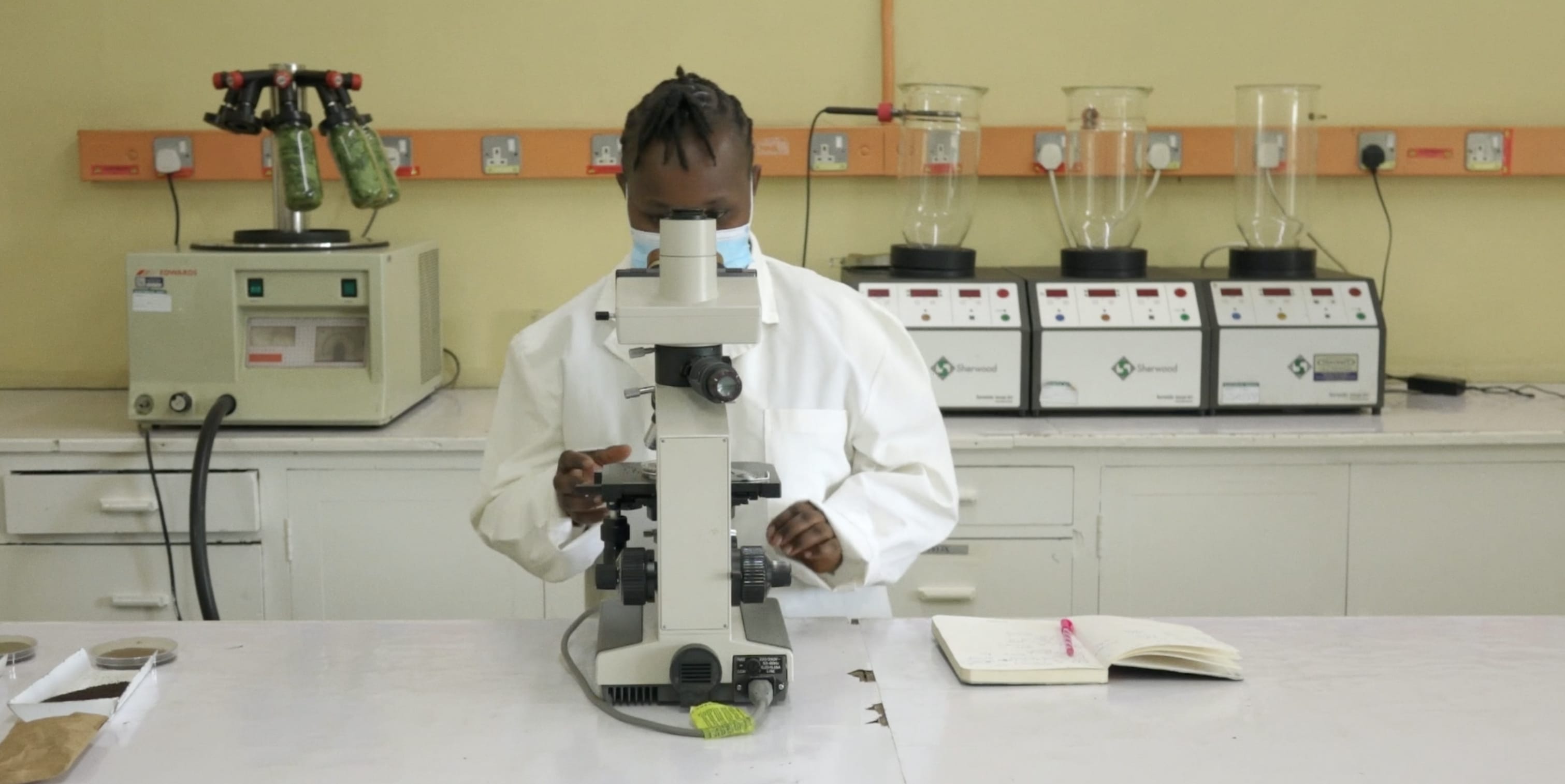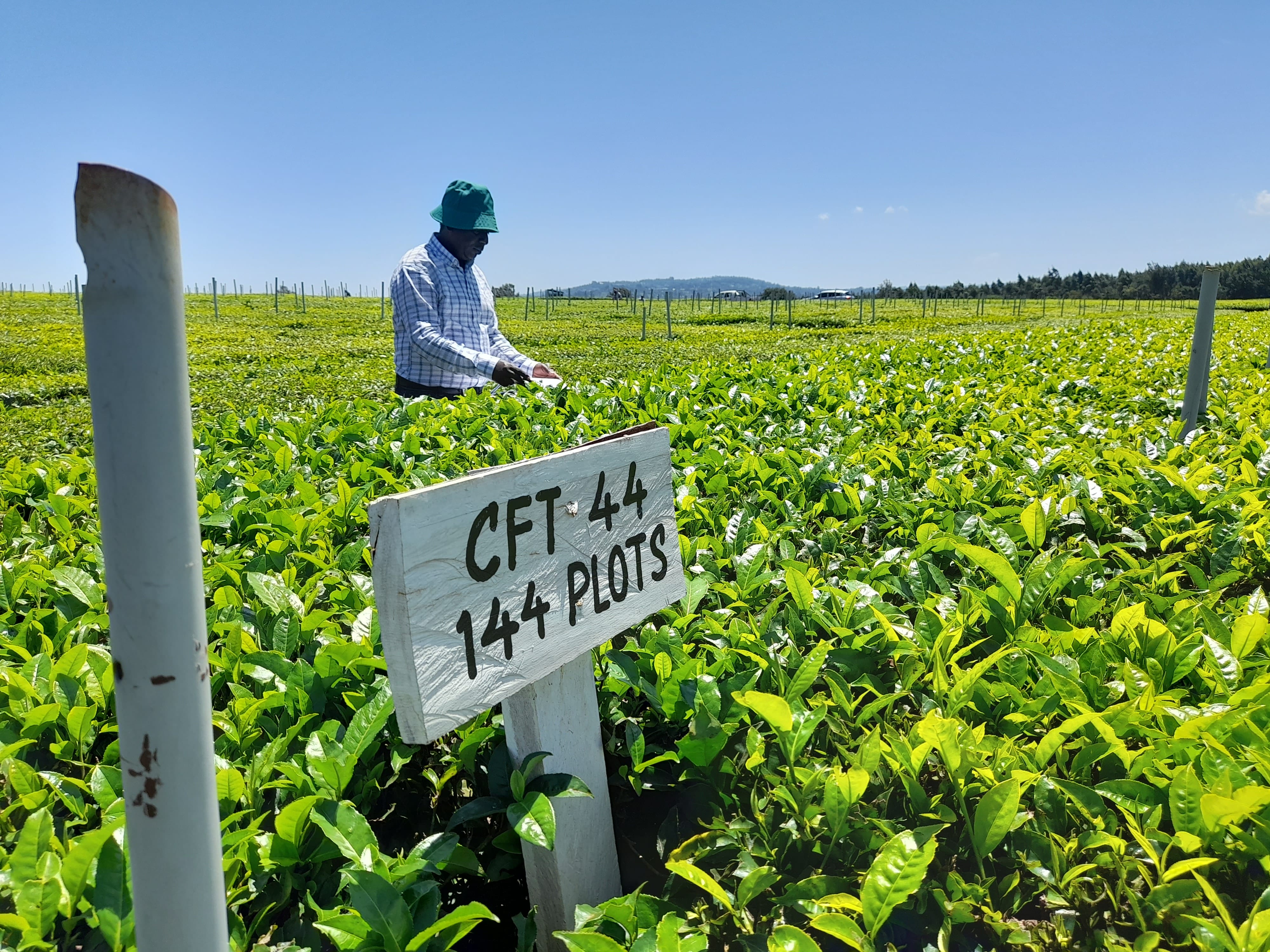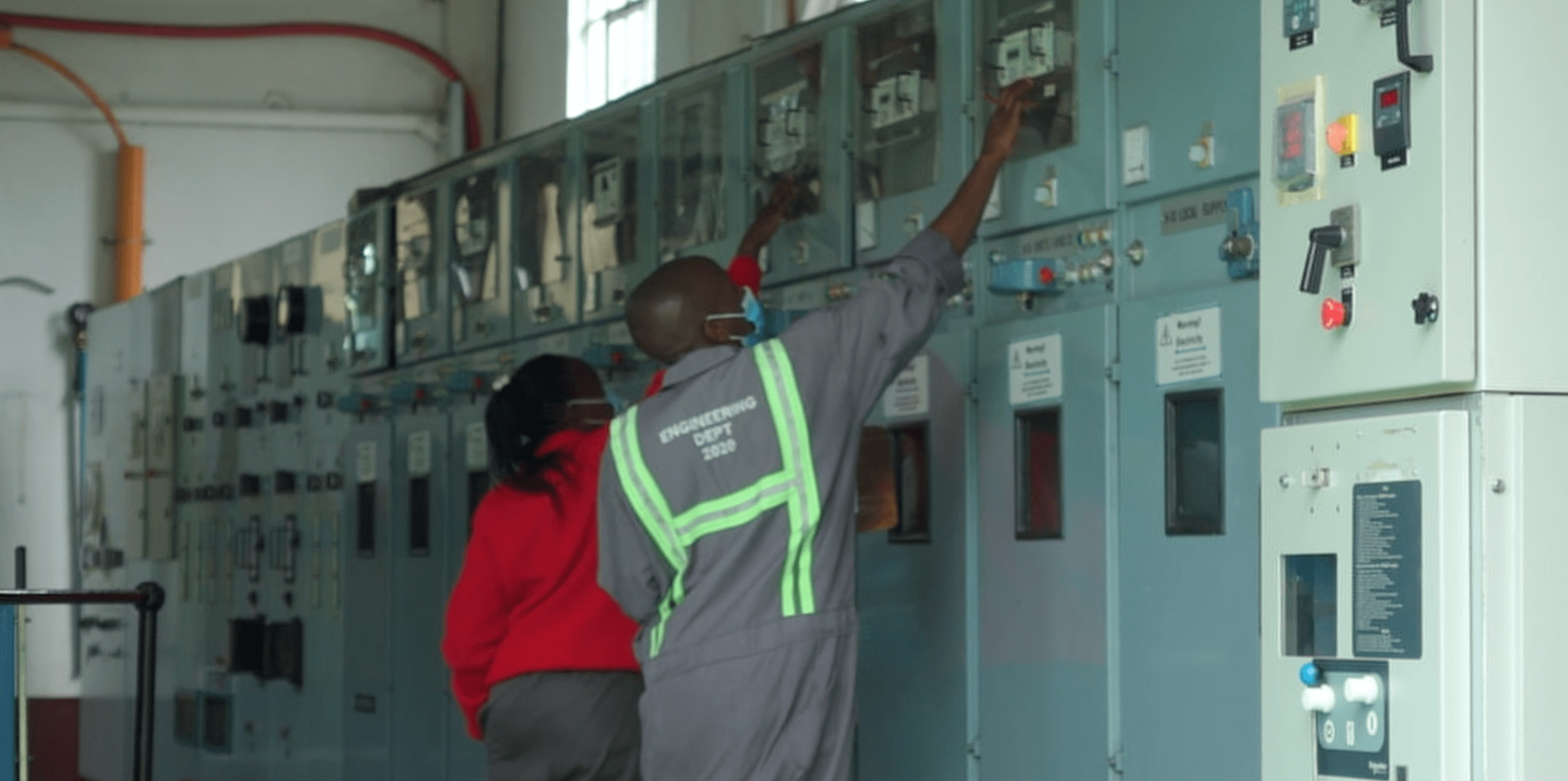Environmental impact
Tea is already a low-carbon beverage, second only to tap water. Nevertheless, the tea and herbal infusions value chain relies on a delicate ecological balance, with hundreds of environmental factors influencing quality and yields.
Climate change is already disrupting this balance, affecting harvests and livelihoods in the world’s largest-producing countries.
As industry leaders, we have a responsibility to be part of the solution by reaching net zero emissions as soon as possible while simultaneously improving the climate resilience of tea production. This will help to mitigate the adverse effects of climate change on our industry and ensure that tea becomes a crop that makes a positive contribution to the carbon cycle.
The lowest carbon-footprint drink
Made from plants, teas and herbals are minimally processed during production compared to most other internationally sourced drinks. France’s environmental agency Ademe calculated that tea is the beverage with the lowest carbon footprint after tap water and ten times less than the runner-up, bottled water. This is because teas and herbals are merely dried, not roasted like coffee and cocoa. And once dried, they are nice and light, unlike bottled drinks, so transporting them requires little energy.
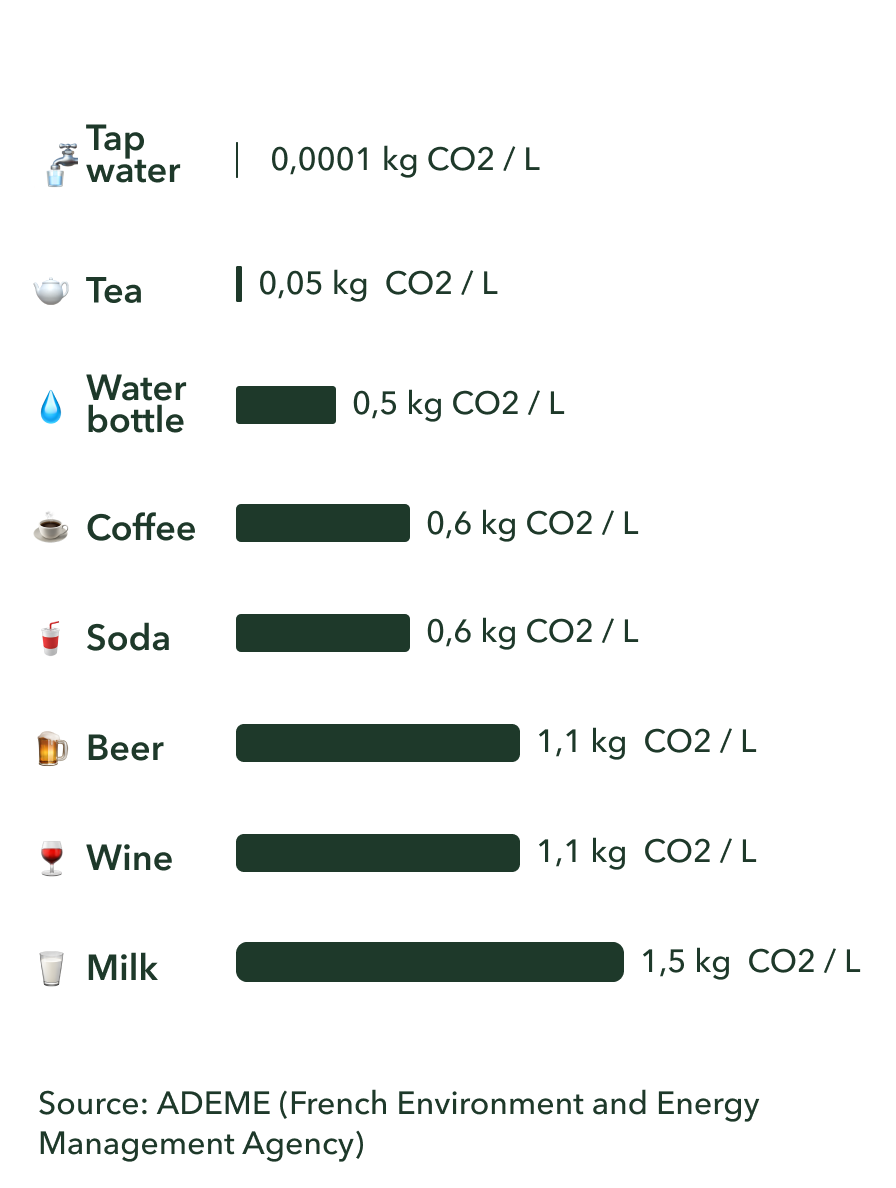
We aim to be the first company in our industry to reach net zero emissions, with 2040 as our target year working from a 2021 baseline. Our targets are currently being validated by the Science-Based Targets initiative while work is already underway.

Agronomic excellence
We are backed by more than three decades of experience in tea agronomy, breeding and research. Our dedicated team of scientists run trials, collect data, and help to strengthen field operations. By pioneering new practices in plant nutrition and agrochemical reduction, we’re building a model for a nature-positive supply chain. And by sharing this knowledge as widely as possible, we help elevate the entire industry.
Innovations across the supply chain
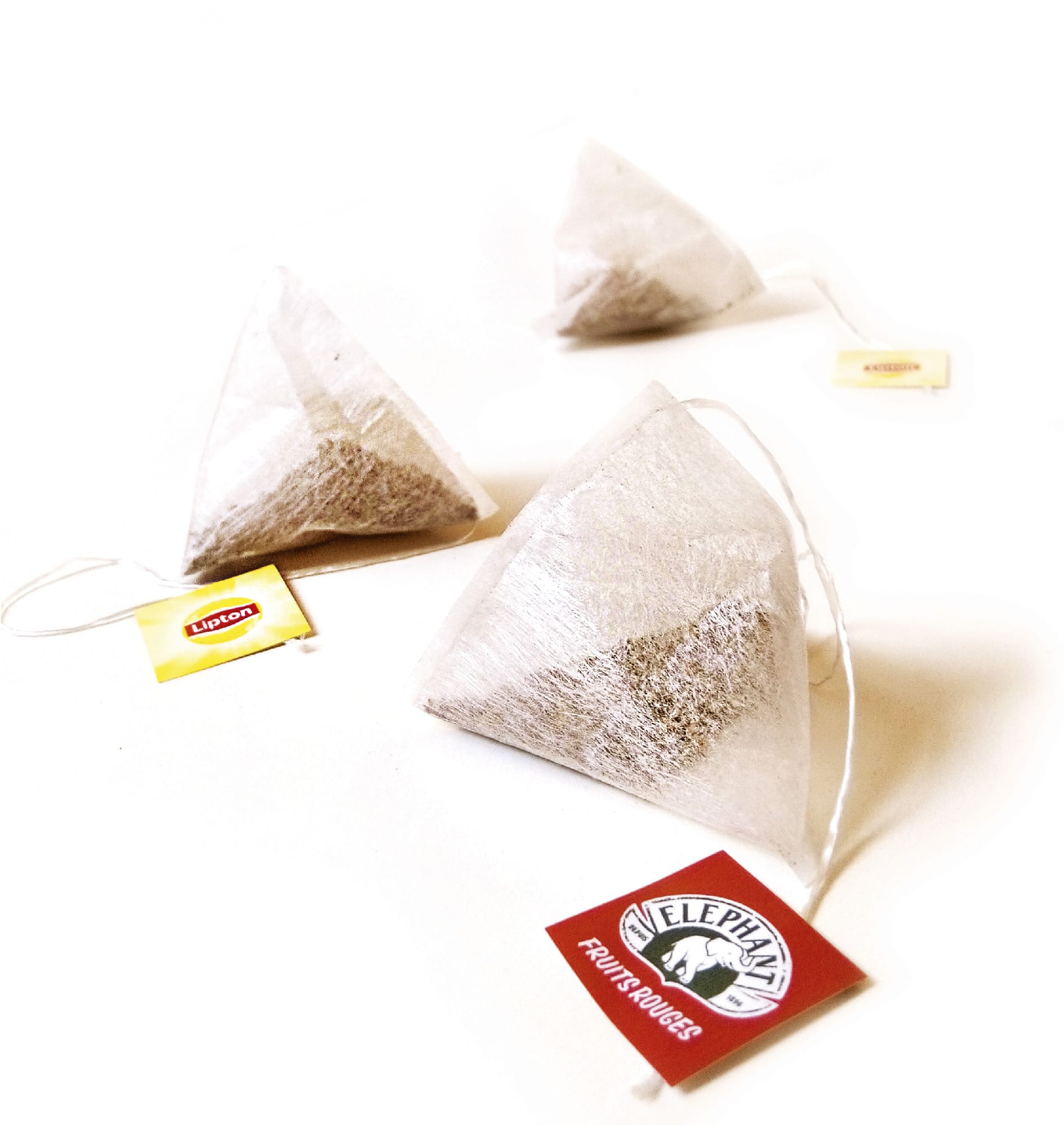
Tip-top packaging
Keeping our teas and herbal infusions in top condition as they make their journey from field to cup requires careful packaging. We put the consumer experience at the heart of every packaging decision and we will never compromise on safety. By protecting the product and ensuring a great drink every time, we limit waste along the way too. While legislation governing the sustainability of packaging continues to evolve, we seek to lead by example. PG Tips, for instance, was the first major brand to introduce compostable teabags.
